The Lonely INFP: How to Cope When You Feel Alone
“It’s easy to stand in the crowd, but it takes courage to stand alone.” – Mahatma Gandhi
For many INFPs (Introverted, Intuitive, Feeling, and Perceiving types), the landscape of the mind is a vast wilderness filled with grand vistas of ideals and possibilities. Yet, in the very same breath, it can also be the most isolating cell – a place where one feels desperately alone amidst a crowd that doesn’t seem to see the world in the same way at all.

When I read my emails every day, I come across notes from INFPs who feel alone, misunderstood, unappreciated, and confused.
The world seems to lack meaning.
People seem to lack depth.
Everyone is so quick to judge and misunderstand.
These emails trouble me because I feel that INFPs have so much to offer the world; so many possibilities to share, so many insights to reveal, and so much depth of feeling that the world desperately needs. With that in mind, I decided to write up an article about this loneliness that INFPs experience and share some of my thoughts on the subject.
Not sure what your personality type is? Take our personality questionnaire here. Or you can take the official MBTI® here.
Table of contents
Estimated reading time: 7 minutes
The Unique World of the INFP
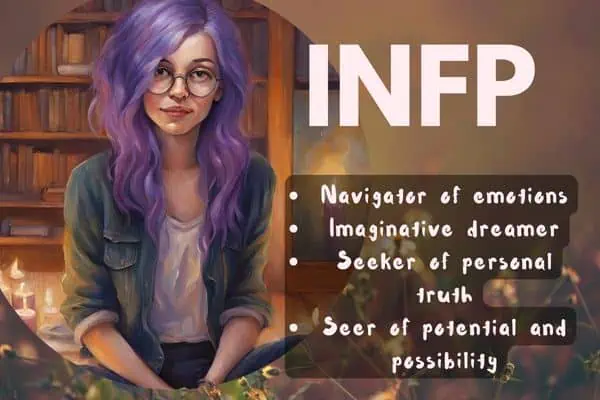
INFPs are the epitome of dreamers – their inner world is often as rich and complex as a Tolkien novel, filled with ideals, hopes, and visions for a future they yearn to realize. They think in colors and emotions and are guided by a compass that consistently points toward authenticity and compassion.
But the world around us is a little less “Frodo fighting for goodness against evil”, and more of a wolf pack trying to assert dominance, even if it means sacrificing the underdogs. The world seems built on competition, materialism, and superficiality. Many people care less about the human experience and more about their social media likes. Many people couldn’t be bothered to assess their conscience when there’s a new iPhone bubble-popping/puzzle game to play.
We live in a world of distraction and superficial entertainment. And while INFPs may enjoy some pleasant distraction or entertainment from time to time, they crave for something deeper in the long run. And sometimes this search for depth feels like it’s a quest that has to be taken alone.
In short, the loneliness ensues not because there are no people around, but because finding someone who resonates on the same frequency seems like a quest for a mythical creature.
The Quest for Genuine Connection
Even though INFPs are introverts, they deeply crave meaningful connections with other people. Introvert doesn’t mean “I hate people and want to always be alone.” It simply means that the INFP’s energy flows inwards towards ideas, thoughts, and reflections. In a world full of external distractions and demands, the INFP can’t get the energy they need to be their best selves unless they have ample time away from external demands. But when INFPs have meaningful friendships, they can still interact with another person while reflecting on ideas, sorting out their thoughts, and bringing their inner world out to meet the other person.
The hard part is that the world we live in today is disconnected when it comes to meaningful relationships. Sure, people are connected via their iPhones, social media apps, and text messages. But very few people are connected in the more meaningful matters of life. Being stuck in the “acquaintance” phase, devoid of meaty conversations, is both frustrating and disheartening for an INFP. But when an INFP does find someone who they can connect with on a deep level, it’s like finding the missing piece of their puzzle.
Yet many INFPs feel guarded about their inner world. They worry that if they reveal themselves others will laugh, dismiss their ideas, or call them “oversensitive.” For the INFP, the world of the imagination is as real as the world around them. For the INFP, the quest for inner integrity is more important than the quest for a bigger paycheck. Sometimes people laugh them off as overly idealistic and so they build a protective barrier around themselves; trying to protect their dreams from a world that doesn’t take them seriously.
Albert Camus, a rumored INFP, once famously said: “Nobody realizes that some people expend tremendous energy merely to be normal.” I think many an INFP would relate to his words as they try to camouflage their way through life, knowing that their inner depths may not be accepted by others.
But there is hope for the INFPs out there; hope that you don’t just have to hide away and keep your world-changing ideas and dreams to yourself. After talking with quite a few INFPs, I came up with a list of suggestions that they recommended when it came to dealing with loneliness and branching out into the world for connection.
A Lonely INFP’s Guide to Coping
For those INFPs who are struggling with feelings of solitude and isolation, here are some practical tips that might help you find others to share your world with:
Enjoy Four-Legged Friends
- Spend time with furry, four-legged friends! Animals don’t care about small talk or superficial conversations. They are simply present with you, and their love and companionship can often be just what an INFP needs to feel connected.
Immerse Yourself in Literary Worlds
- Read a book filled with fascinating, in-depth characters. Navigating literary worlds can help you find the depth of feeling you crave while sparking your imagination and inspiring new ideas.
Engage in Acts of Meaning
- Find a volunteer opportunity. Align yourself with others who share a passion for causes close to your heart. It fosters community and purpose and you’re likely to enjoy more meaningful conversations with people who share your heart for a particular cause.
- Join a book club! Delve into discussions about themes and narratives that resonate with you, alongside fellow enthusiasts.
The Virtual Tribe
- Join an INFP group online. The wonders of the internet mean that there’s a tribe for everyone — whether you want to join an INFP meetup group or a club for people who share a hobby with you, there’s a way to connect with like-minded individuals who understand your perspective.
- Create your own virtual community. If you can’t find a group that suits your style, create one! Start an online forum or blog where people with similar interests can come together and share their thoughts and experiences.
The Healing Power of Nature
- Take a walk in nature to refresh your mind and body. The simple sounds of life and earth can ground you and provide a comforting rhythm to your thoughts.
Reach Out
- Seek the company of a person you trust. Make a list of all the people in your life who you trust or who seem like they have “friendship potential.” Reach out to them and start paving the way to deeper and more meaningful conversations.
- Express yourself to an acquaintance. It might feel scary to be the first one to reach out, but yuou might just discover a kindred spirit waiting for someone to make the first move.
Professional Help
- Consult a counselor to help manage feelings of loneliness and isolation. It’s a sign of strength, not weakness, to ask for help.
What Are Your Thoughts?
Loneliness might seem like a constant companion for an INFP, but it doesn’t have to define your existence. You have the power to seek out connections that affirm and celebrate your values. Your unique perspective is not a sentence of solitude but a bridge to meaningful relationships that can sustain and enrich you.
Remember, every great forest starts with a single seedling. Nurture your passions, reach out into the world, and your forest of connections will grow.
Want to find out more about INFPs?
Do you wish that you could bring your imagination to life?
Do you wish that people would stop misunderstanding you?
Do you have a wealth of ideas that you want to bring into the world, but you’re not sure how?
Do you struggle to handle the stressors of life in a world that seems to be made for other types?
As an INFP, you live in a world of imagination, possibility, and profound meaning. You are capable of great potential when you harness your strengths and abilities and bring them out into the open. Discover more about who you are and how to harness your strengths in my eBook, The INFP: Understanding the Dreamer.
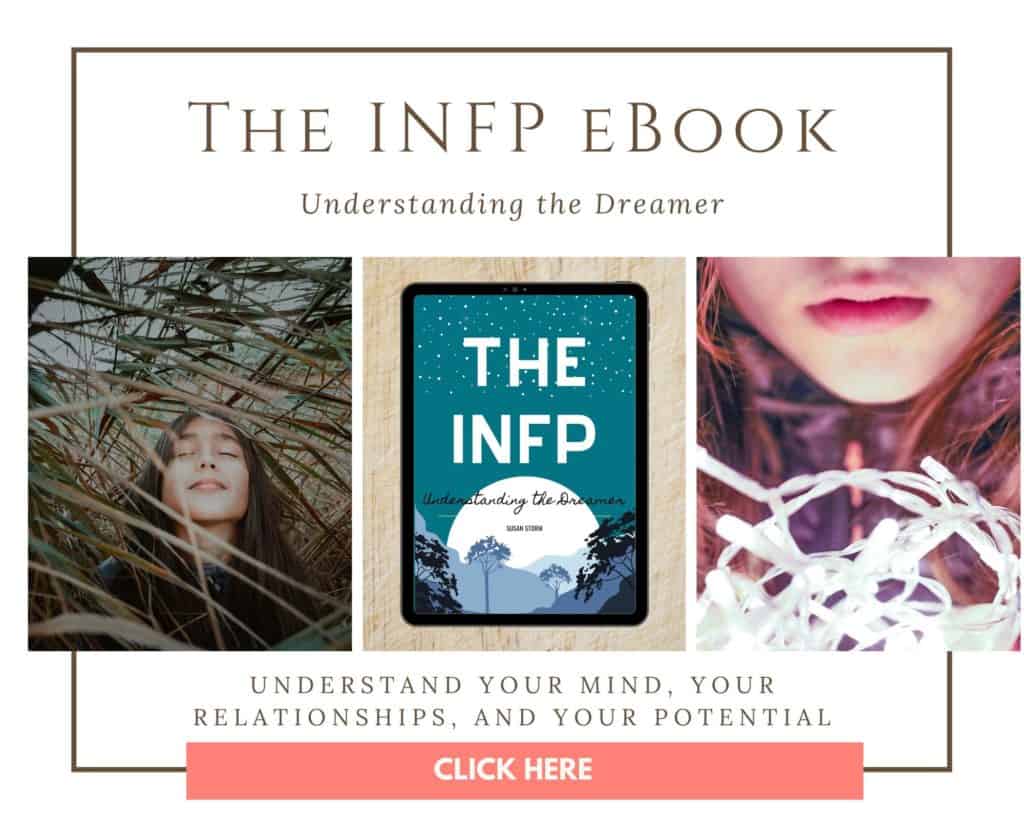
Other Articles You Might Enjoy:
10 Famous INFPs Who Changed the World
The Top 25 Favorite INFP Movies
The INFP Fi-Si Loop: What It Is and How to Cope
Sources:
I’m Not Crazy, I’m Just Not You by Roger R. Pearman and Sarah C. Albritton (Nicholas Brealey Publishing, 2010)


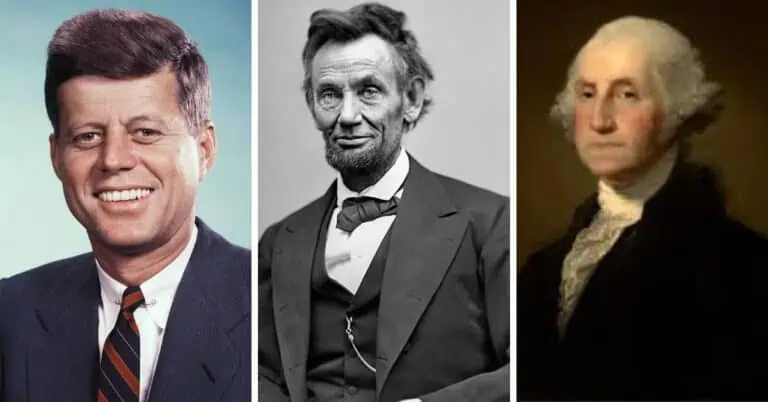
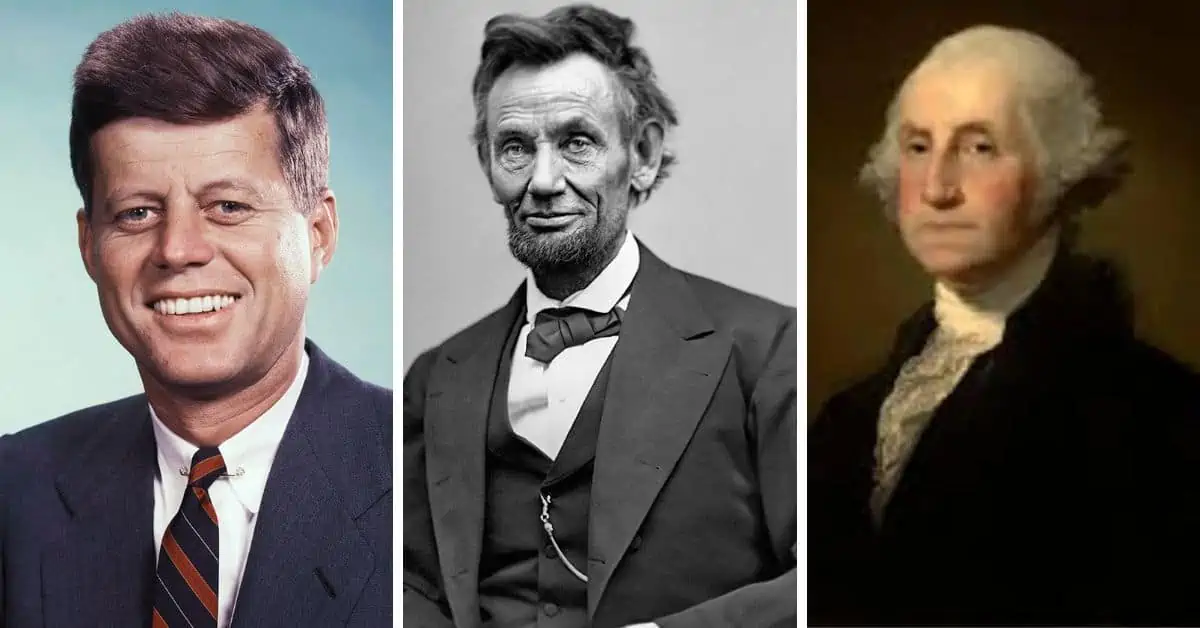




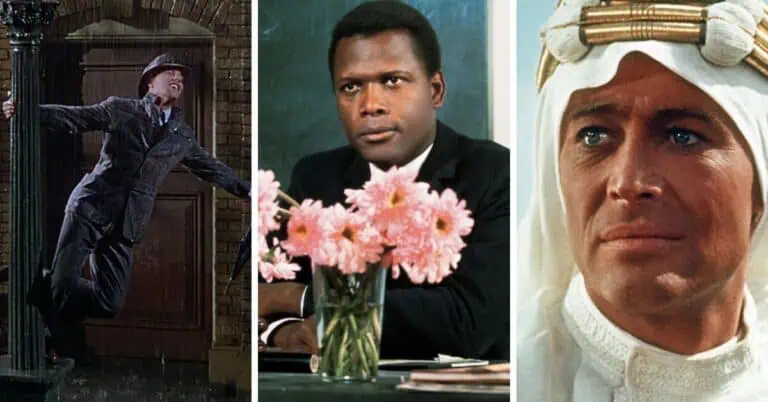
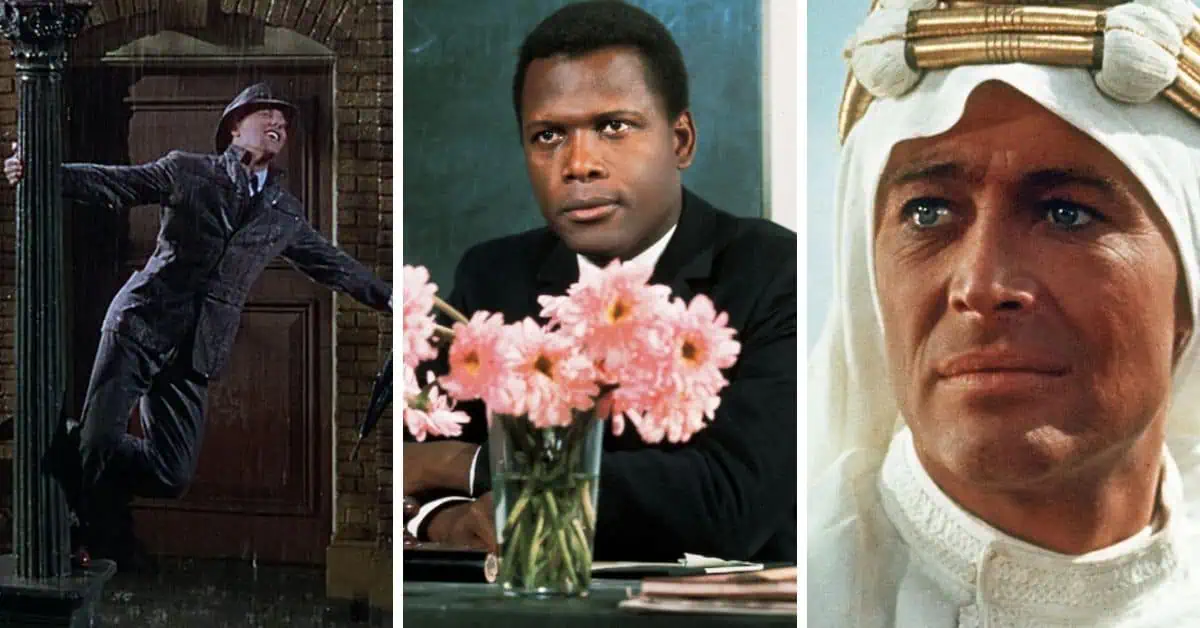
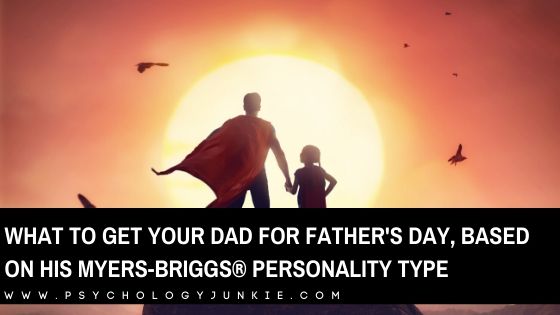
It wasn’t until a few years ago that I realized their was a difference between being alone and being lonely. I was and still feel very lonely. It has helped to learn the difference but most times I don’t express myself because instead of discussing the topic, I wind up trying to get people to understand I know how I feel. For some reason they seem to think I’m confused or don’t understand what I’m saying. Which gets very annoying and extremely tiresome. So instead I say nothing, unless someone is being treated badly. I know logically that I can and should express how I feel but it’s such a draining experience that I rather not.
My answer to loneliness is to create. Paint, draw doodle ideas, write. Or just riff on an idea. They’re not for anyone else. It’s to get them out of my head into a bigger space where they can stretch their legs a bit. I think anything will work though – dancing, playing instruments, singing. The getting stuff out of your head relieves the pressure that builds up and can clarify that which was rather nebulous before. The added bonus is that some one may look at one of your ‘riffs’ and go ‘hey, that’s exactly how I feel. Hello…’
Interacting with animals, nature, Stoicism, keeping gratitude front and center, working on my current novel, and immersing myself in movies and books all help with the loneliness. Most of my needs for human contact are met by having a few acquaintances that I speak with briefly a few times a week. For deeper contact, I turn to my son. For decades I thought of him as an extravert until one day he said, “I’m an introvert, mom. I just look like an extravert compared to you.” I thought about it, and he was right!